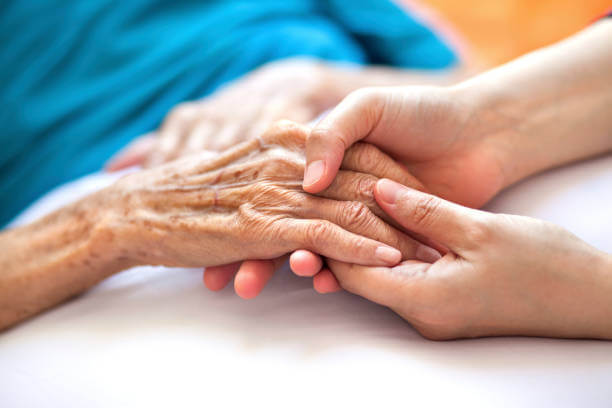The U.S. Senate passed the RAISE Family Caregivers Act this week (and this bill is actually supported by both Democrats and Republicans), which will require the development of a national strategy to support family caregivers. The bill goes to the House next for consideration. The Department of Health and Human Services would be required to develop, maintain and periodically update a National Family Caregiving Strategy. Federal departments would also be required to share any data that can assist with creating a national caregiving strategy.
Advocates are hoping this will help make senior care a national agenda item in the upcoming presidential election. Currently, only candidate Hillary Rodham Clinton, who cared for her own mother at home, has called for more support for family caregivers.
This summer, New Mexico Representative Michelle Lujan Grisham reintroduced a bill to create a national Care Corps program, modeled after the Peace Corps, in which volunteers would help family caregivers. New York state’s Representative Nita M. Lowey also introduced legislation that would give caregivers a Social Security earnings credit when they take unpaid time off from their jobs to provide care.
Advocates behind RAISE hope that increasing awareness will eventually spark political action.
Why?
Medicare does NOT pay for long-term care and nursing home costs can easily be from $150 to $350 per day. About 40 million Americans care for family members, which works out to an unpaid workforce worth around $470 billion per year. They typical caregivers is the oldest adult daughter or another relative.
A congressional caucus was formed to focus on the needs of family caregivers earlier this year, with the backing of AARP. RAISE would specifically require the development, maintenance and updating of an integrated national strategy to recognize and support family caregivers. More caregivers and more programs to support caregivers will be needed to support our nation’s growing senior population.
Senior caregivers are already in demand, as seniors rarely plan ahead for care and will be quickly discharged from a hospital to a nursing home or to their home while still needing assistance with activities of daily living. Anyone with a caring personality may become a senior caregiver by taking a basic caregiver training course and applying to a part-time or full-time caregiving job in their area.
AARP Offers this hotline to call your U.S. Congress Representative to urge them to support the bipartisan RAISE bill in the House at 844-453-9952 (Toll Free). Remember, this legislation simply begins the process for a strategy to be developed around family caregiving.







